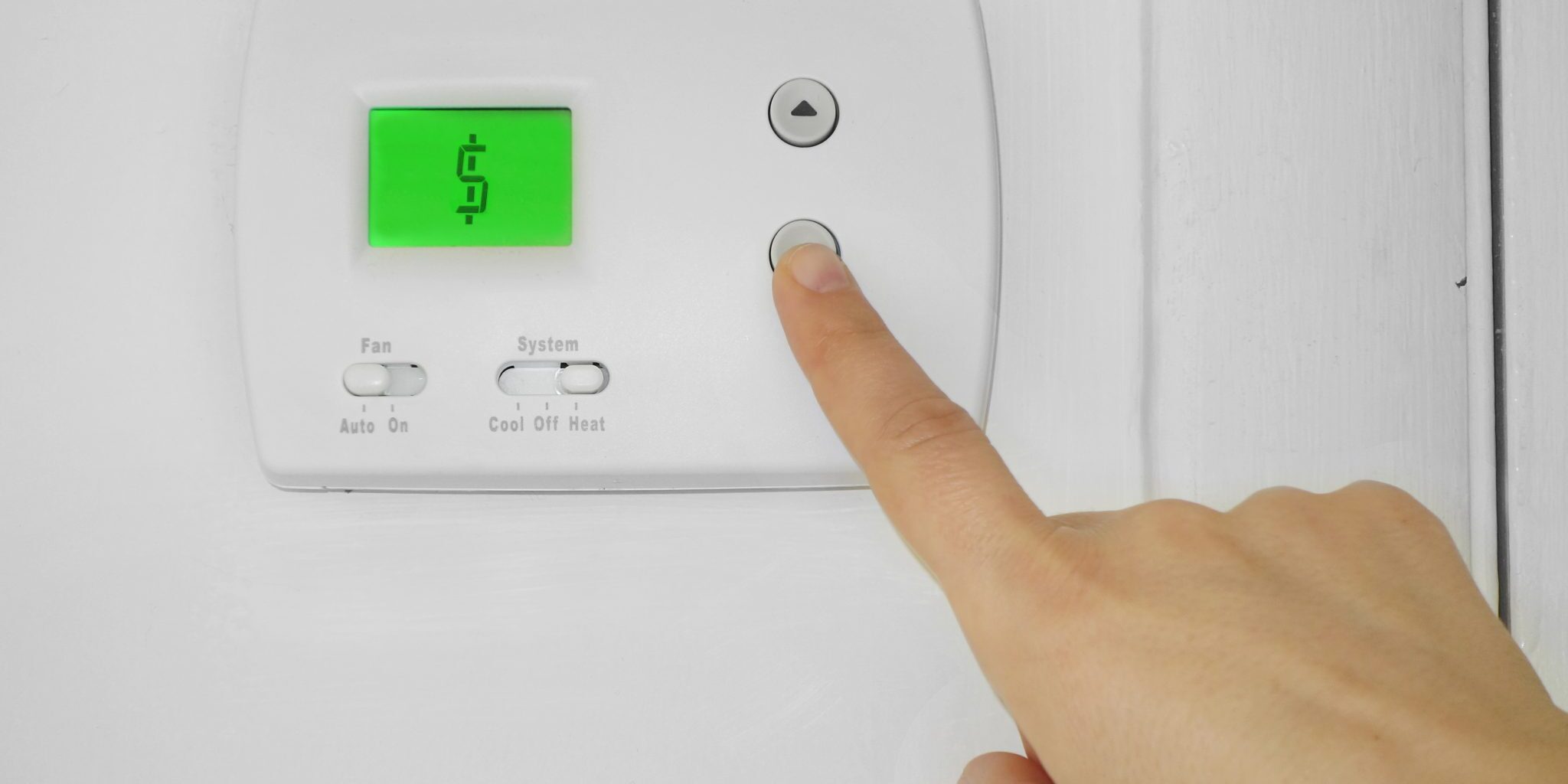A disturbing reality has been illuminated by a recent study conducted by researchers at Georgia Tech: in Georgia, race significantly influences who struggles to pay their utility bills. The results indicate that energy costs are disproportionately higher for African American households in comparison to other ethnic groups, suggesting that systemic elements contribute to this inequity.
Mortgage redlining and other historical developments have contributed to the perpetuation of disparities in housing and access to resources. The persistent repercussions of this discriminatory practice—which methodically denied loans to individuals on the basis of the racial composition of their communities—have been felt throughout the economic history of African American communities. Furthermore, the research identified that the proximity of power plants or highways to predominantly black communities was a factor in the increased energy expenses, which exacerbated the financial burden on these households.
The ramifications of these disparities are significant. A growing proportion of black Georgians are facing the financial strain of high utility costs, as evidenced by the fact that an increasing percentage of their monthly income is spent on energy. Households managed by women, those with children, or the elderly are disproportionately impacted by this financial duress, which increases their vulnerability to payment delinquishment and potential utility disconnection.
As a result of these obstructions, utility assistance program demand has increased dramatically. Emmaus House, United Way of Greater Atlanta, Partnership for Community Action, Inc., Department of Family & Children Services, and GracesList Atlanta have all observed a substantial surge in aid requests, underscoring the critical nature of resolving this matter.

Representative of Emmaus House, David Lee Mattison, observed a significant surge in service demand, specifically for utility assistance, with an astounding 75 percent increase in requests overall over the previous year. This highlights the critical urgency for readily available support systems that can mitigate the strain on susceptible households.
At both the state and federal levels, comprehensive solutions are required to address these disparities. The research highlights the critical nature of enacting modifications to housing policies in order to eliminate systemic obstacles and guarantee fair and equal availability of affordable housing and utilities. In addition, it is critical to implement focused interventions that specifically target households experiencing the most severe financial challenges—such as those with geriatric members or children—in order to address pressing needs and avert the escalation of economic hardship.
Read More News:
- Residents of Grayson, Georgia: The Best Friend of Your Future Puppies Awaits You!
- Arrests Made in Mountain Chase Armed Robbery Case: Cartersville Residents Charged
- Due West Methodist Church Celebrates Easter with Heartwarming Community Engagement
In order to effectively tackle racial disparities in energy costs, a comprehensive strategy is necessary, incorporating community-driven initiatives, policy reforms, and enhanced assistance for marginalized communities. By recognizing and addressing the systemic elements that contribute to these inequalities, Georgia can progress towards a future characterized by fairness and equality, in which every citizen has unrestricted access to vital resources without incurring excessive financial strain.

